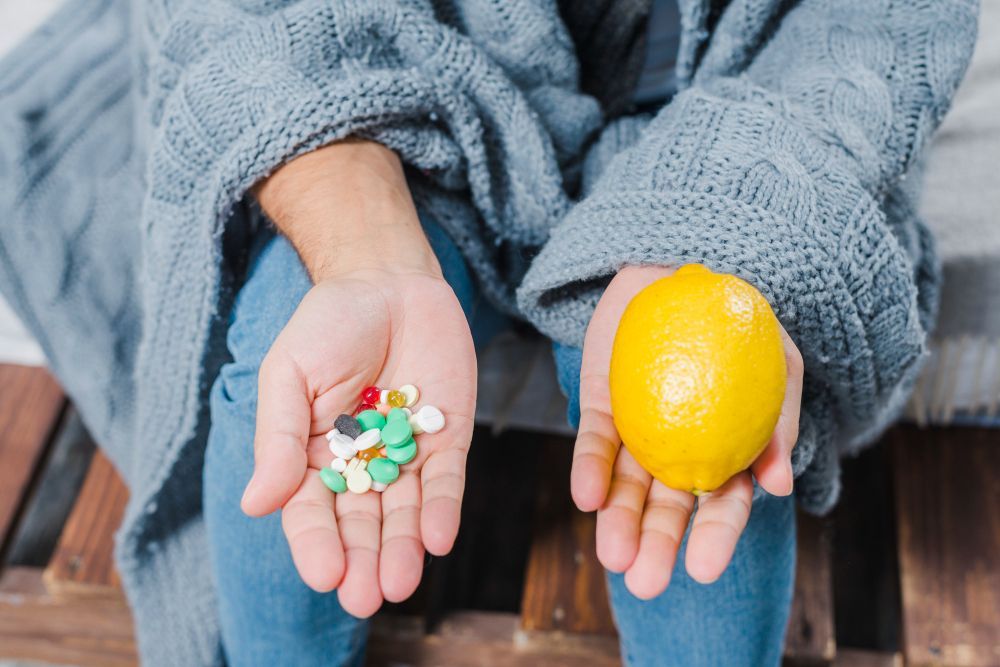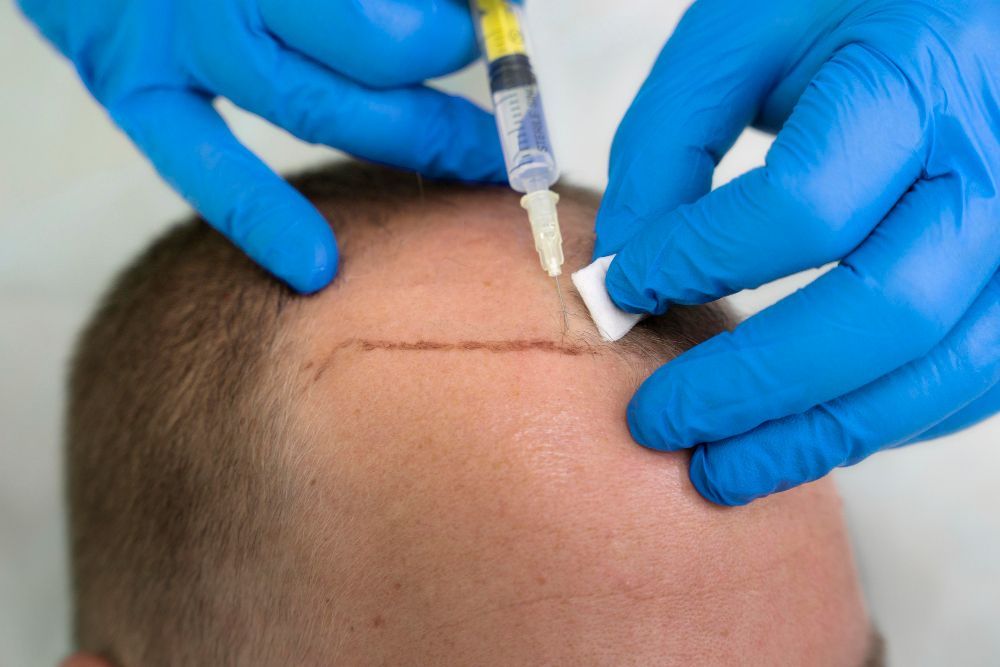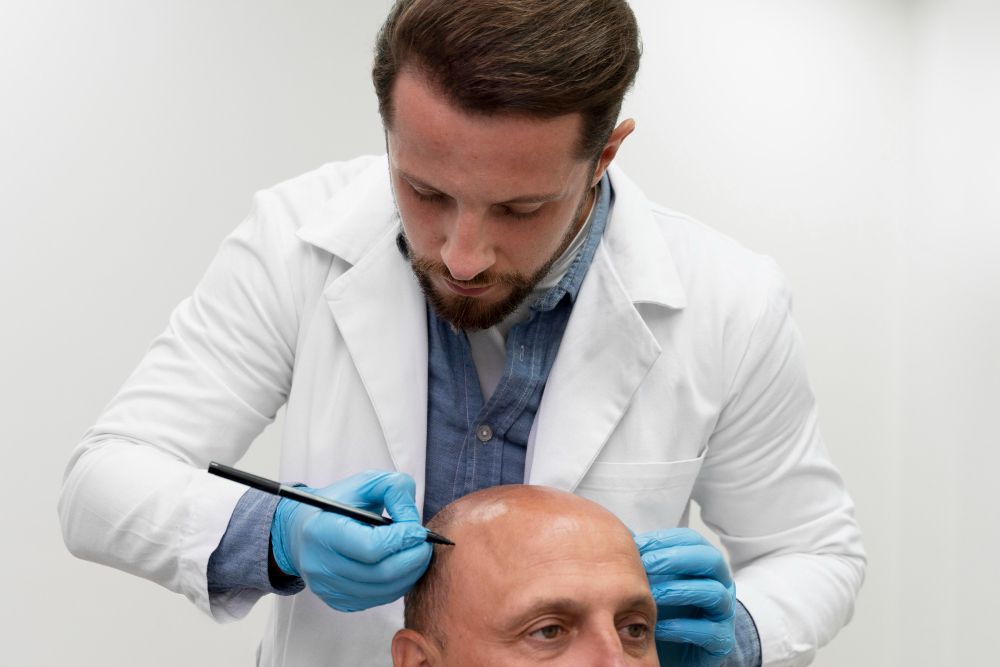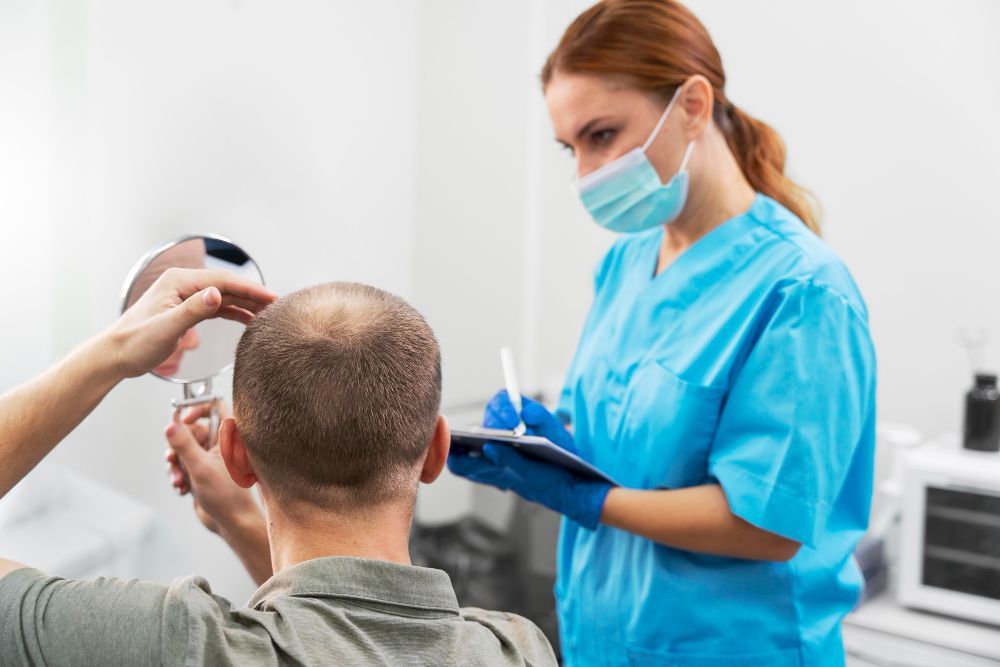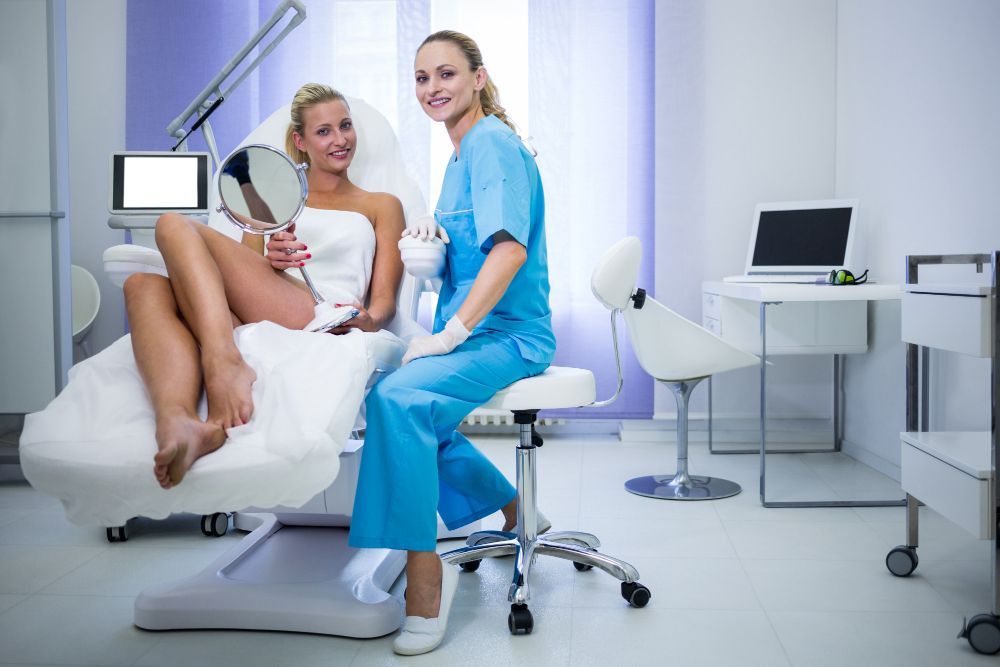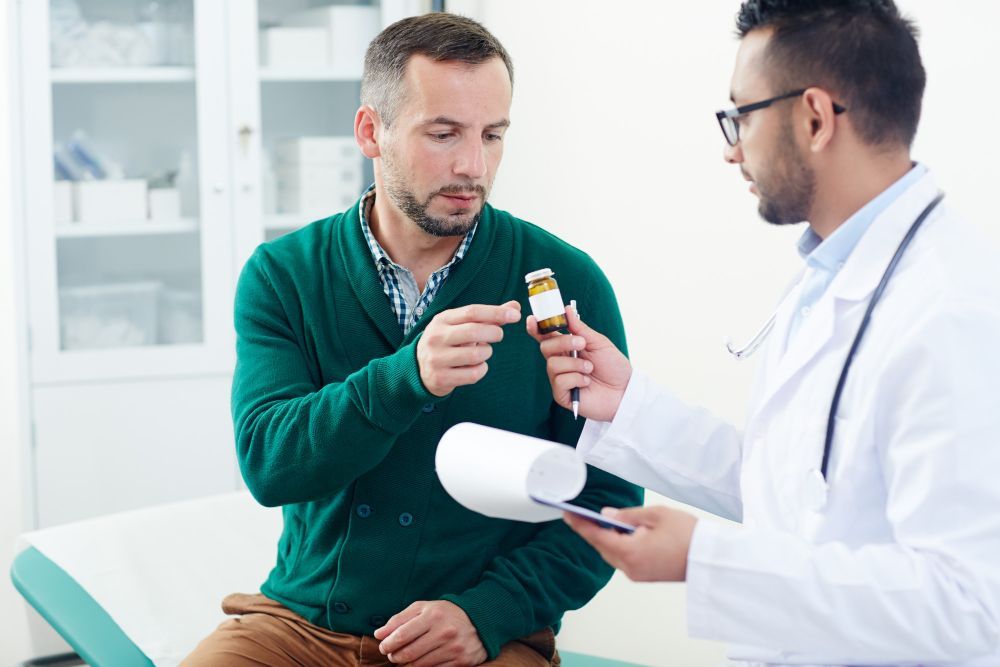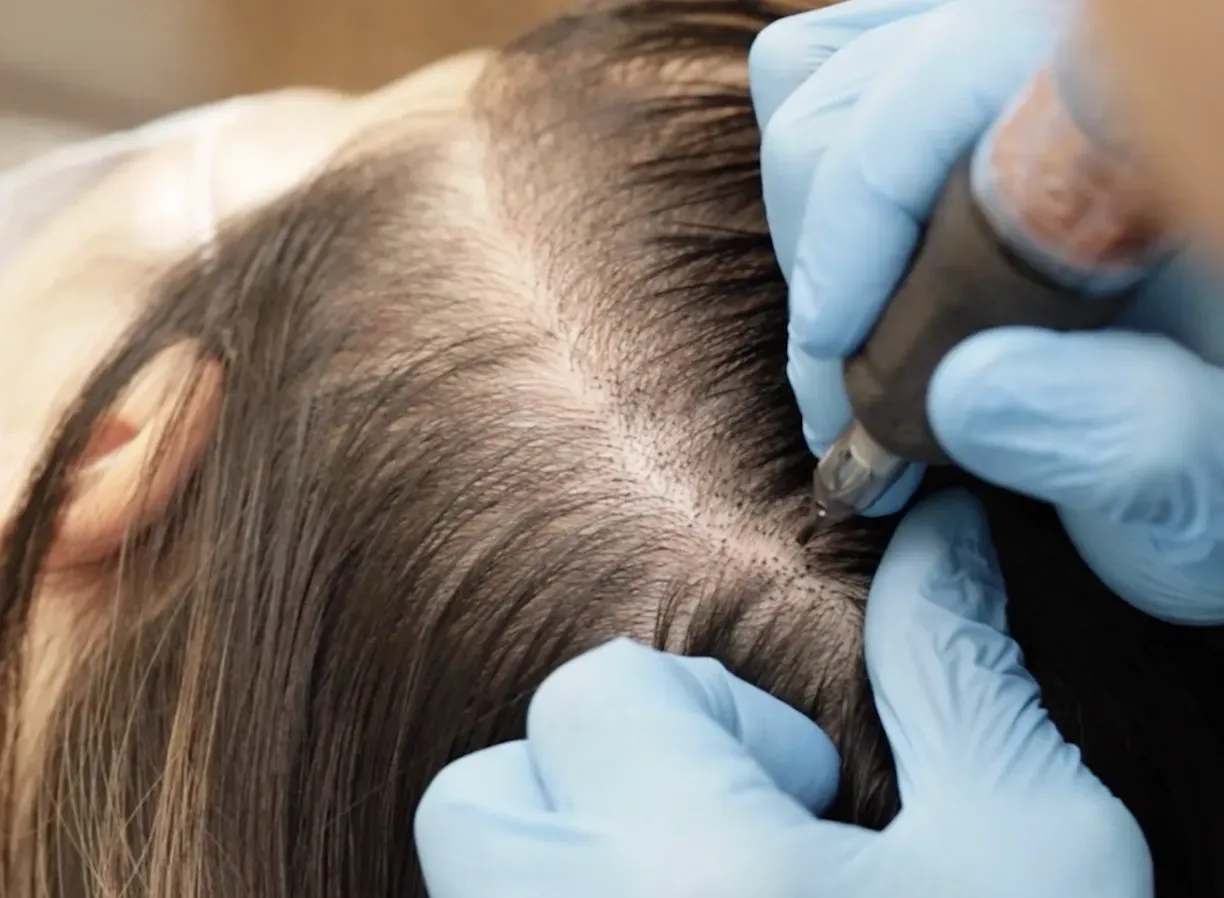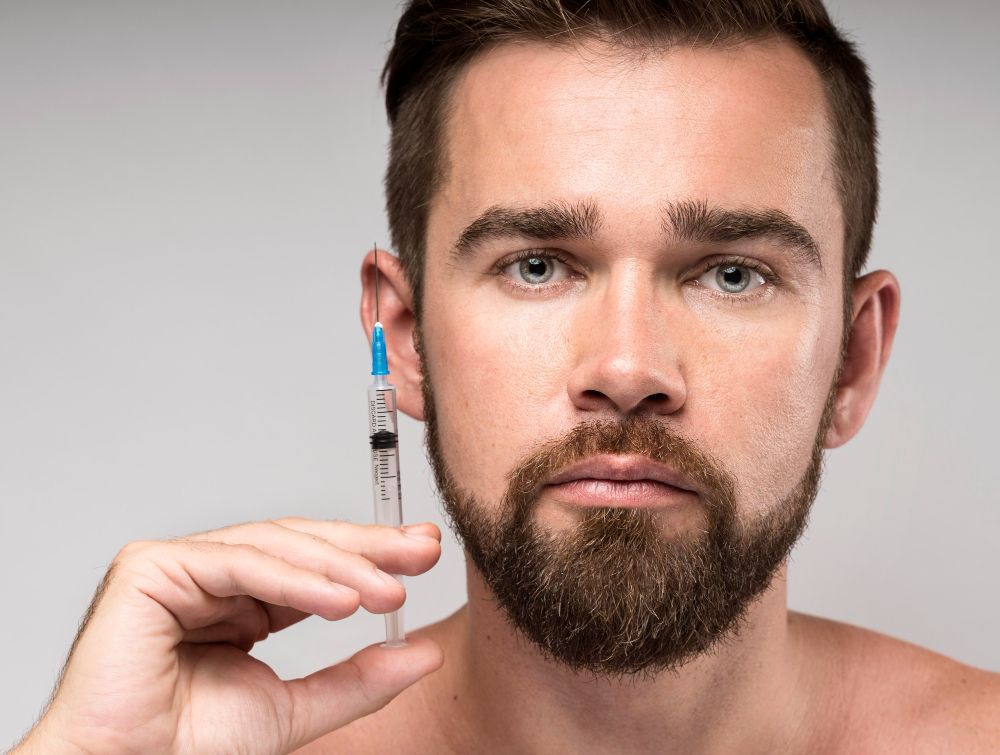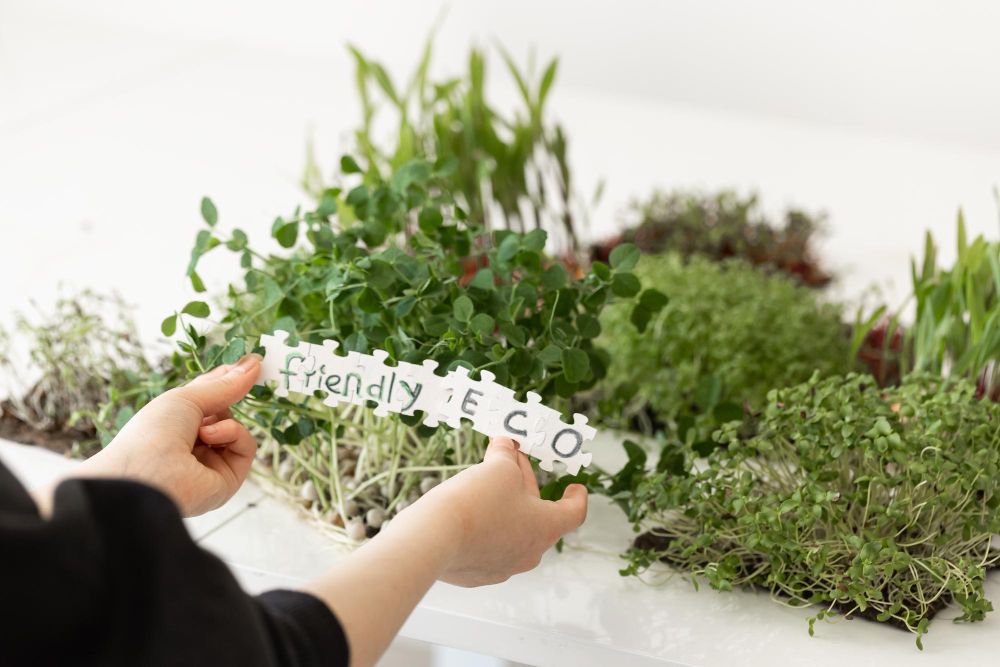🦠 Probiotic Supplements Cost in Korea
Probiotic supplements are increasingly used in Korea as part of a holistic approach to managing skin conditions, gut health, immunity, and even mental wellness. These supplements are available in capsule, powder, and liquid forms, and are often included in dermatological or internal medicine programs to restore microbiome balance and enhance skin barrier function.
📊 Comprehensive Cost Overview
| Product Type |
Estimated Cost (KRW) |
Details |
| General Over-the-Counter Probiotic Capsules |
20,000 – 50,000 (30-day supply) |
Includes 1–10 billion CFUs per dose |
| Dermatology-Specific Probiotics (Skin-Gut Axis) |
40,000 – 90,000 |
Formulated to target inflammation, eczema, and acne |
| Liquid or Powdered Probiotics |
25,000 – 70,000 |
Often used for gut health or pediatric use |
🧾 Detailed Cost Analysis by Component
| Component |
Cost Range (KRW) |
Purpose |
| CFU Potency (per daily dose) |
1 billion – 100 billion CFUs |
Determines strength and effectiveness |
| Number of Strains Included |
1 – 20+ strains |
Broader strain profiles offer wider benefits |
| Form (Capsule, Sachet, Powder) |
No major cost difference |
Choice depends on absorption or taste preference |
➕ Additional & Optional Services Cost
| Optional Add-On |
Cost (KRW) |
Use |
| Microbiome Gut Test (Stool DNA) |
150,000 – 300,000 |
Analyzes gut flora for personalized probiotic plans |
| Customized Probiotic Blends |
90,000 – 200,000 |
Tailored supplements based on health goals |
🏥 Clinical Treatment Costs
| Provider Type |
Average Cost (KRW) |
Notes |
| Pharmacies / Online Health Stores |
20,000 – 60,000 |
General wellness and digestion-focused options |
| Functional Medicine Clinics |
60,000 – 150,000 |
Often includes consultation and follow-up |
